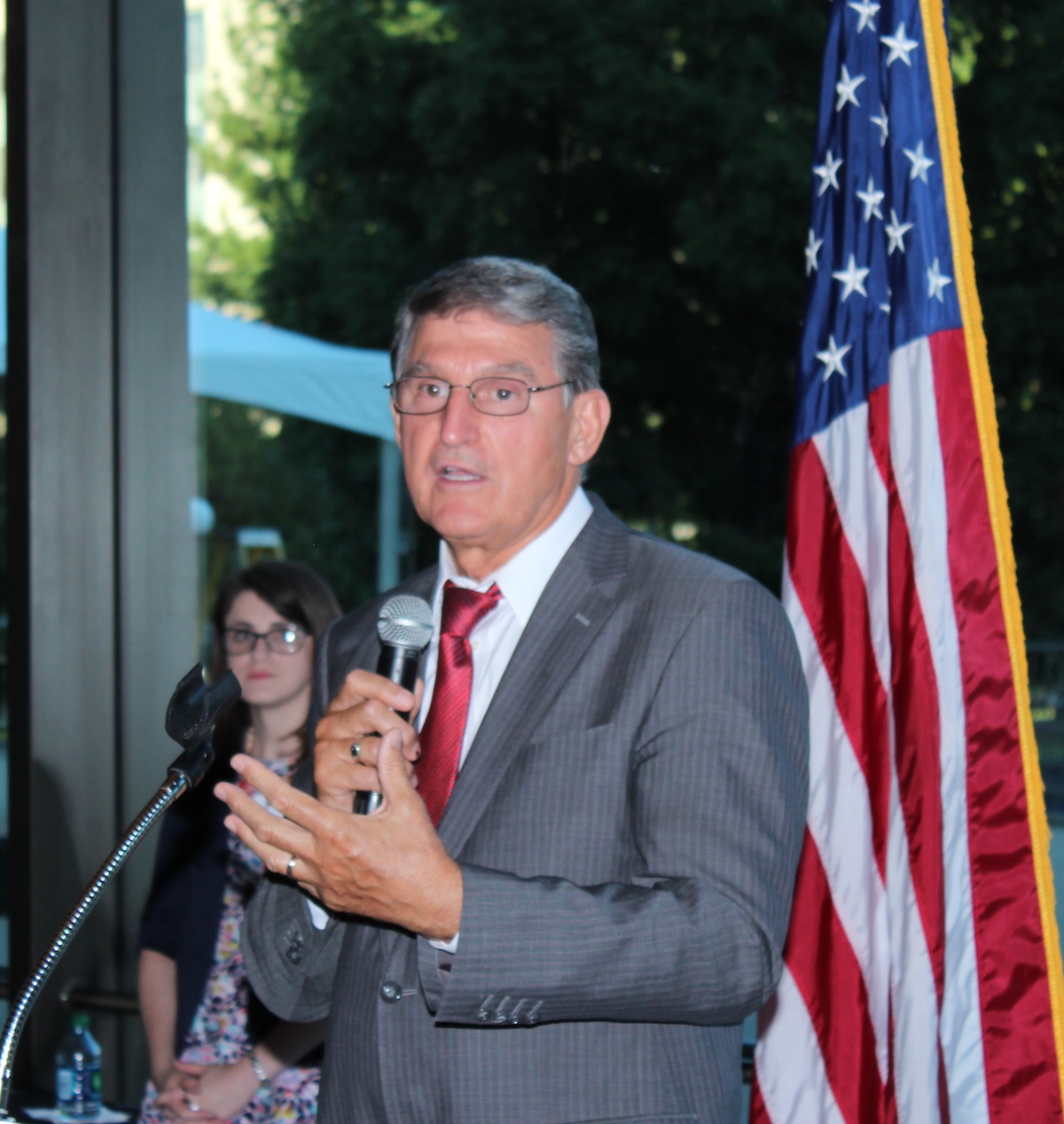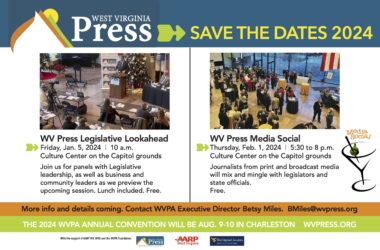Sen. Manchin votes to stop WOTUS, calls rule broad overreach
Washington, D.C. – U.S. Senator Joe Manchin (D-WV) today voted to override the President’s veto of S. J. Res. 22, a resolution to disapprove the “Waters of the United States” (WOTUS) rule issued by the Environmental Protection Agency (EPA) and U.S. Army Corps of Engineers that expanded the types of waterways subject to federal regulation.

The Senate failed to advance the measure to override the veto by a 52-40 vote.
“I voted to override the President’s veto today because, if the WOTUS rule goes into effect as it is currently written, the EPA regulatory expansion could lead to regulation of a huge number of economic activities in West Virginia, including highway and road constructions, pipeline projects, transmission line projects, farming, flood control, housing constructions and public works projects,” Senator Manchin said. “Many in our state and country are already struggling to make ends meet. This new financial and regulatory burden will set them up for failure in an already unstable economic climate, which in large part is caused by harmful regulations the EPA and this Administration have established. We all want drink clean water and breathe clean air, but we can achieve this without regulating hard-working West Virginians and Americans out of business, and this rule represents broad overreach that has the force of law without congressional approval. The bottom line is that no federal agency should go around Congress to control what has not been legislated, especially when its actions will harm economic growth. It is time to send this rule to the dust bin and EPA back to the drawing board.”
The WOTUS rule took effect last August, but courts have put it on hold nationwide while legal challenges are considered. Last April, Senator Manchin introduced the Water Quality Protection Act to ensure that states and local communities are consulted in meaningful ways on regulations before they are formally proposed, especially if the rule will have a significant impact on future investments, capital costs, operations and mandates.






